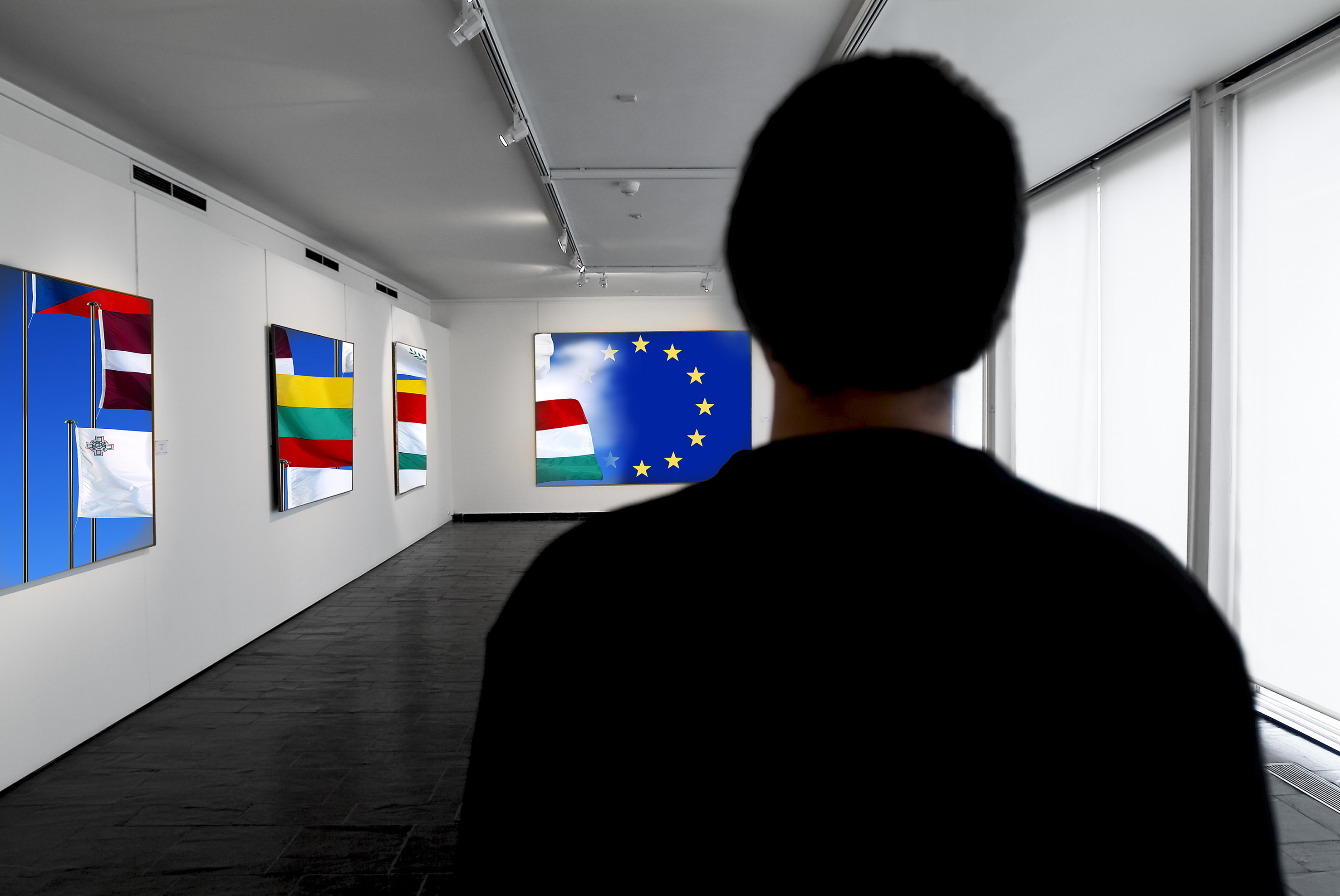POLITICAL ANALYSIS
Great Britain will leave on March 29. But on May 23 to 26 the citizens of 27 Member States will be called to renew the European Parliament. Then it be the turn of the formation of the new EU Commission. A busy timetable marked by growing anti-European movements and by the possibility of citizens’ mobilization

The problems linked to Europe’s unification and the risks of its failure are bound to leave a deep mark on the year 2019. In the first weeks and months of the year, with the absurd spectacle linked to Brexit, ongoing in the British Parliament, we are set to witness the consequences of anti-European, nationalistic propaganda based on lies and slander against the European project. Brexit’s main players have failed to comprehend the true significance of the European Union, bringer of peace. Probably they intentionally refused to understand it in order to carry forth their destructive policies without qualms, hoping to reap the fruits in national elections. But what actually happened is that they brought their Country and their voters into a state of isolation, coupled by political and economic problems that are currently afflicting the United Kingdom. Unless reasonableness returns to Westminster in the next few days and the emergency break is pulled to prevent Brexit via a second referendum, Great Britain will leave the European Union on March 29, probably without a regulated procedure. And British subjects will have to pay the price. As expected, the Brexit will negatively affect the European Union, its Member States, and its citizens, but the EU will be compensated by having gotten rid of a reluctant member that constantly hindered every effort aimed at the necessary, logical development of the integration process. Leaving the European Union after almost 50 years of adhesion is a deeply upsetting event for Great Britain. Citizens probably are not fully aware of its consequences, which, in any case, will be seen in the long term and for a long time will continue weighing on the relations between the EU and its ex Member Country. However, more than Brexit, the future of Europe will be shaped by the forthcoming round of elections for the European Parliament, scheduled to take place May 23-26. With regard to the resurgence of populist and nationalist movements – whose increasing popular support across a number of Member Countries is rightly causing concern – it will be necessary to understand whether the democratic forces that support and promote the EU unification process will be able to rise to the challenge and defend their positions, along with the “European common home.” Despite right-wing populists’ forecasts of electoral triumphs in the next European elections and a sweeping victory, the polls show that it is very unlikely that EU Parliament majority will change radically. The discouraging example that nationalist populism had evidenced with Brexit could lead citizens to cast a more reflective vote.
The Christian Democrats (EPP) and the Social-Democrats (S&d) are likely to lose seats to the benefit of right- and left-wing populists, but they will most probably continue representing the strongest parliamentary groups, while their defence of crucial European political positions will be supported by the Greens and the Liberals, their reliable allies. This time, the internal challenge of the European Union, represented by the nationalist attack, and the external challenge of global geopolitical transformations – especially the questionable policy of the US ally – could motivate a greater number of citizens to exert their voting rights. The results of the European elections will constitute the grounds for the renewal of EU institutions and of its leadership. This process will take place in the second semester, after the European Parliament has taken office and elected its Presidency along with the presidents of the commissions tasked with responsibilities in the various policy areas. As regards the election of European Commission President, the European Council (of heads of Government or State) will propose the candidate of the most successful party group in the elections (spitzenkandidat). Following the approval of the European Parliament, in dialogue with Member States’ governments, the candidate chosen for the presidency of the Commission will form the College of Commissioners and will decide who is responsible for which policy area – 27 member Countries (1 Commissioner per Country). Each nominee will appear before the European Parliament, having to obtain a vote of approval. The chances are that the heads of Government or State will re-elect former Polish Minister Donald Tusk as President of the European Council, given the successful performance in his first term (2014).
Next fall, at the end of this democratic process, the political system of the European Union will be up and running again for another 5-year-term, so as to ensure further progress in the unification of our continent and address internal and external challenges, in full respect of democracy and its rule of law.